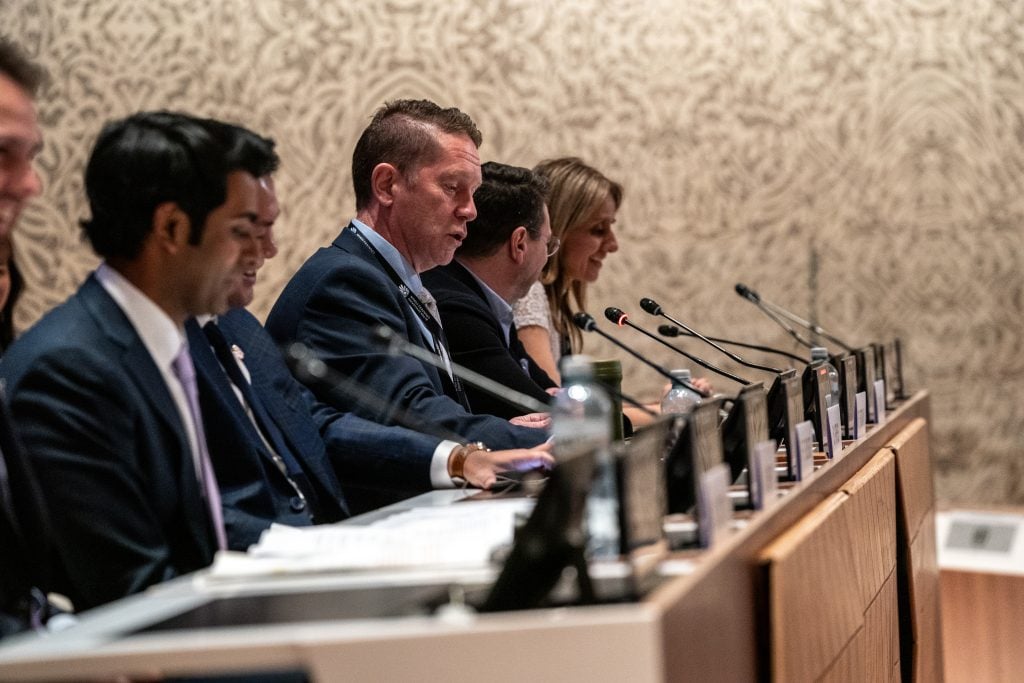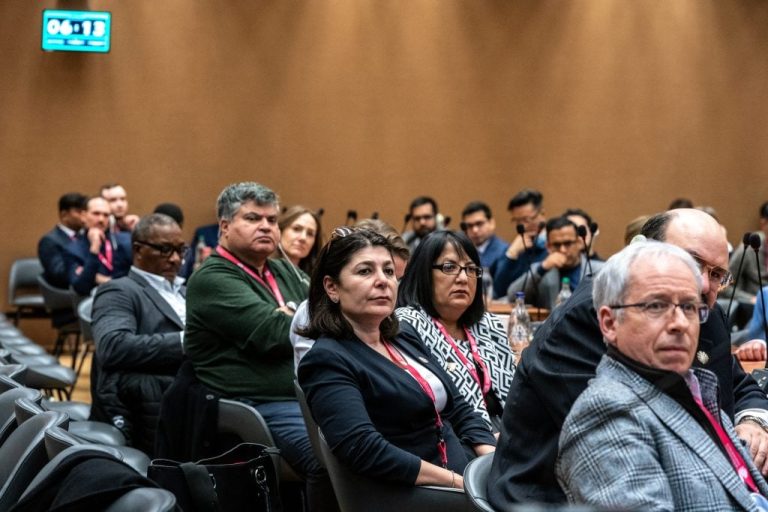Unlocking the Future: Key Takeaways from Day 2 Morning Sessions on Algorithms, Access, and Autonomy
The Morning Sessions of Day 2 at the Geneva Winter Summit
The morning discussions of Day 2 at the Geneva Winter Summit delved into pivotal elements of AI development, implementation, and governance through three engaging panel discussions centering on algorithmic autonomy, late-mover advantages, and technical safeguards.
Session 6: Algorithm Autonomy in the Digital Era
The first session focused on the growing independence of AI systems and their societal effects. Partha Gopalakrishnan illuminated the transition of AI autonomy from basic task automation to sophisticated decision-making frameworks. Talita Honorato-Rzeszewicz stressed the urgent need to tackle bias within healthcare algorithms, pointing out that many current medical AI systems not only reflect but also exacerbate existing healthcare inequalities due to conservative training data. The panel emphasized the necessity for human oversight in autonomous systems, particularly concerning accountability and ethical implications in high-stakes environments.
Session 7: Late-mover Advantages in AI Development
This session examined how developing nations can capitalize on their unique positioning to bypass conventional technological development stages. Michael Gerlich noted that late adopters can leap over outdated infrastructure and directly implement state-of-the-art solutions. Tommie Edwards drew from her experiences in Nigeria to showcase how local insights, combined with open-source AI technologies, can effectively tackle region-specific issues. The panel discussed strategies for these nations to cultivate inclusive AI ecosystems while navigating the challenges faced by early adopters.
Session 8: Technical Safeguards for Data Sovereignty
The concluding morning session reviewed the essential equilibrium between innovation and data protection. Obadare Peter Adewale highlighted the rising threat of cybercrime, forecasting it might evolve into the world’s third-largest economy by 2025. Norita Norwawi stressed the significance of ensuring AI systems are accessible to elderly populations, all while maintaining stringent security protocols. The conversation showcased the necessity for technical safeguards that uphold digital sovereignty, enabling innovation in developing nations.
Key Themes:
- The need to balance AI autonomy with human oversight
- Opportunities for developing nations to harness late-mover advantages in AI adoption
- The crucial role of technical safeguards in ensuring data sovereignty
- The importance of inclusive AI development that addresses diverse populations
- The escalating challenge of cybersecurity in AI implementation
The morning sessions highlighted the intricate relationship between technological progress, ethical considerations, and societal implications in the swiftly evolving world of AI.






